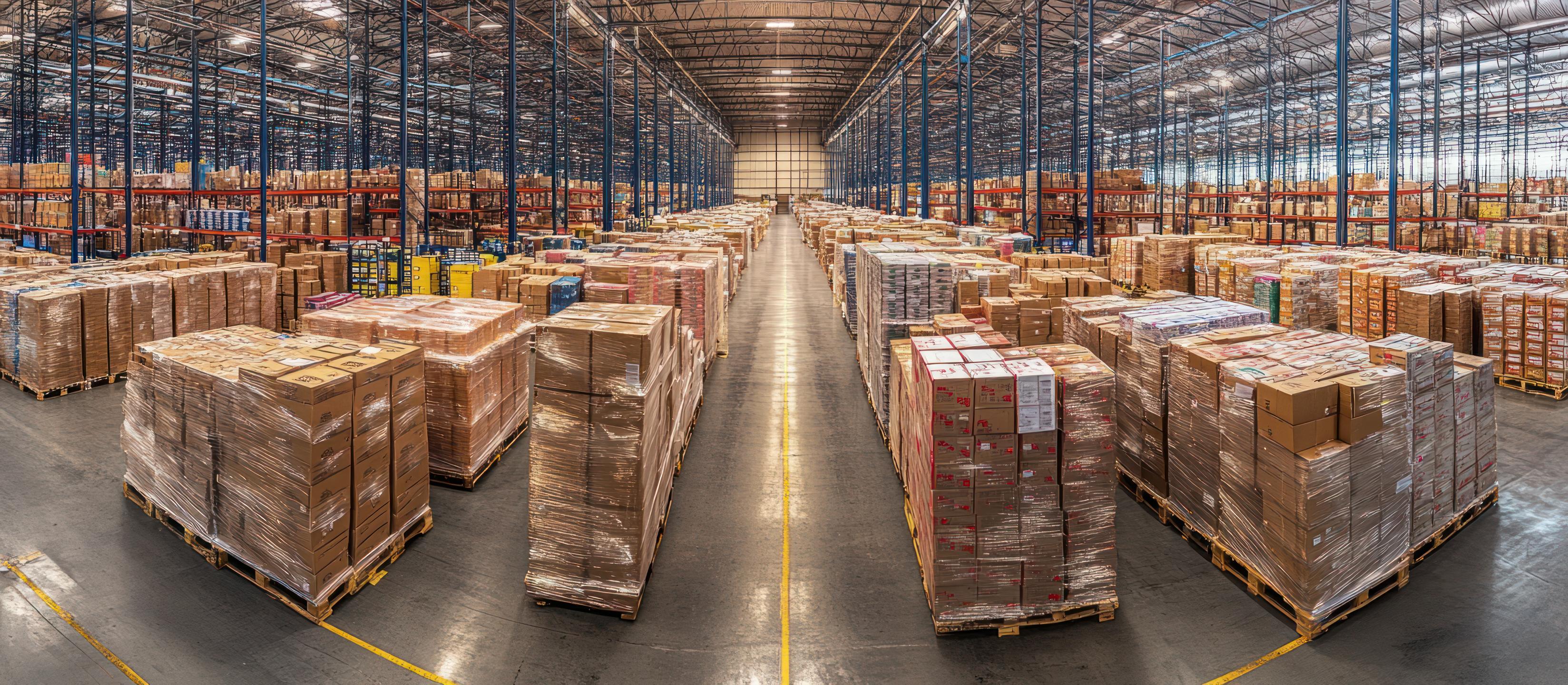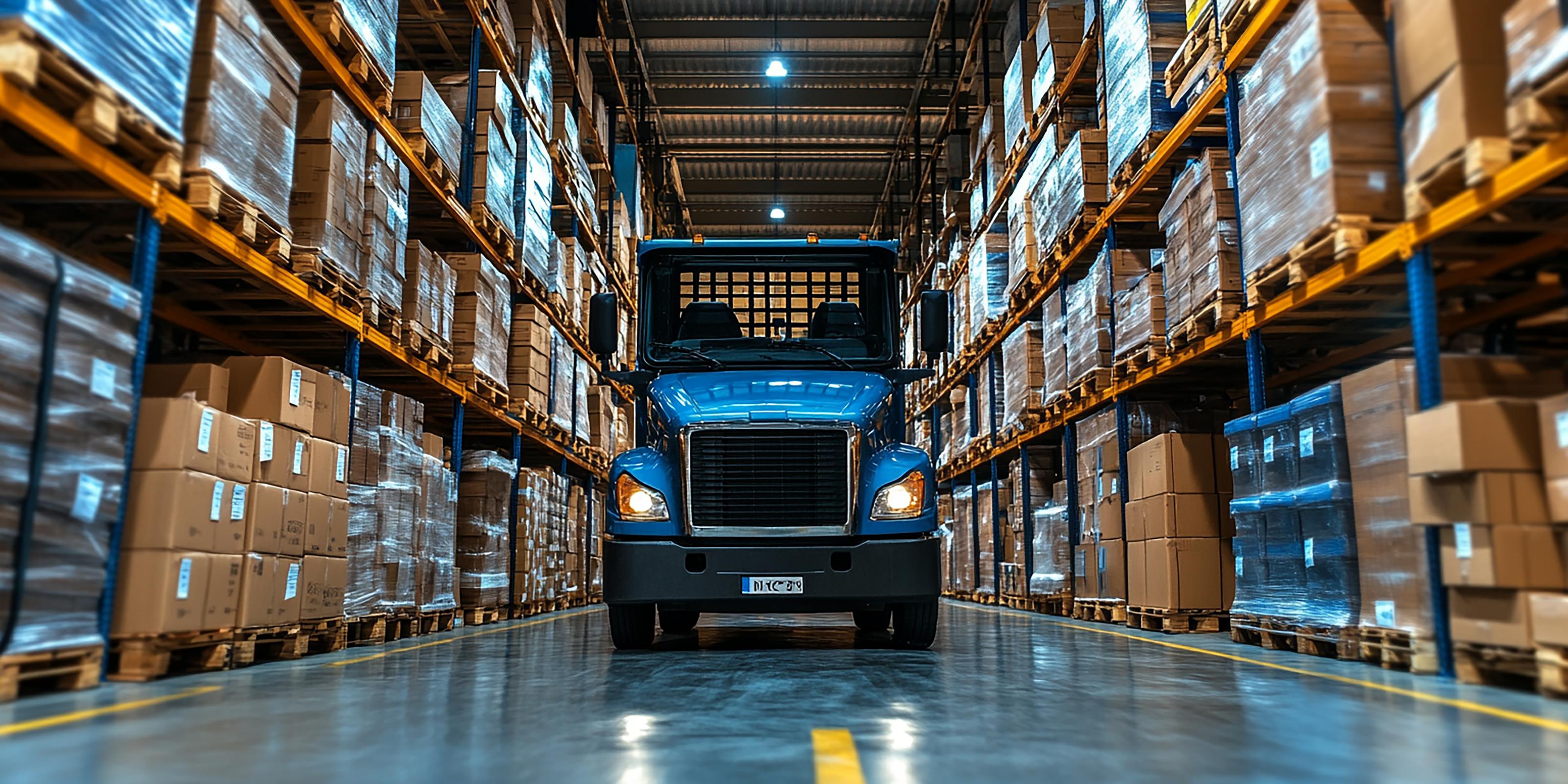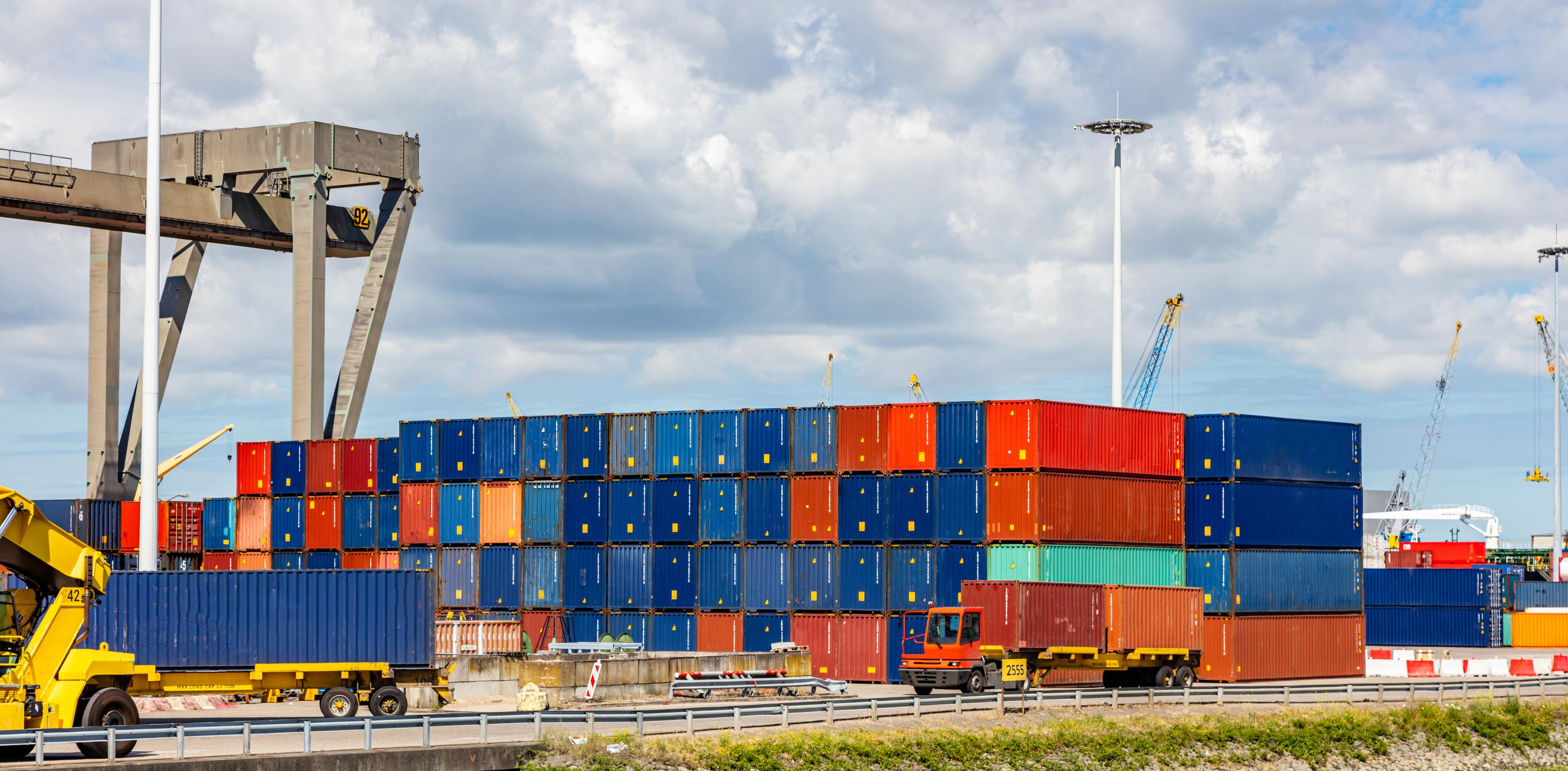Logistics services involve a sophisticated array of activities that facilitate the flow of goods during various stages of the supply chain, including transportation, storage, and distribution. In addition to transportation, these functions may include inventory management, warehousing, and order processing, all carefully integrated to eliminate delays and enhance value. At the most basic level, logistics provides a bridge between suppliers and consumers, and may involve multiple modes of transportation including trucking, air, and sea, depending on the needs of the situation.
Understanding Logistics Services
In operational terms, logistics services not only involve the transportation of goods, but also may include value added components such as packaging, labelling, and reverse logistics or returns management. This comprehensive, multimodal approach can enhance speed of distribution and overall efficiency, in line with the broader supply chain ideas discussed.

Types of Logistics Services
Logistics services are diverse and create flexibility for meeting the unique demands of industries, such as handling of bulk product in an industrial setting.
Key service types include:
- Transportation services: Including freight forwarding and multimodal transport to assist with moving goods short distance or long distance.
- Freight forwarding: Handling international deliveries of goods, customs brokerage, and documentation to comply with the regulations of moving goods internationally.
- Inventory management: Using software to monitor stock in real-time, forecast demand, and plan for replenishment to avoid inventory overages and stock-out.
- Value-added logistics: Providing special value-added services for assembly, kitting, and labeling so that products can be marketplace ready.
- Integration and consulting: Offering long-term efficiency consulting on supply chain design and optimization, adopting technology, improvements of a process, etc.
This suite of services forms the building blocks of a flexible and adaptive supply chain for an industry ranging from retail to health care.
Benefits of Logistics Services in Supply Chain Management

Combining logistics services produces significant benefits and further enhances operational performance and strategic positioning. Key advantages include:
- Cost savings as a result of routing efficiencies and shipment consolidation, to achieve cost reductions in transportation costs of up to 15 percent.
- Increased operational efficiencies from automated order management and real-time tracking in reducing order cycle time and reducing manual errors.
- Greater visibility in the supply chain allows for smarter decision-making through predictive analytics to reduce disruption.
- Sustainability benefits from green logistics, such as route optimization and efficiency measures that reduce a company’s fuel consumption and emissions by 20 to 30 percent.
Addressing these elements, logistics services can not only provide immediate benefits but they can also strengthen the stability of the supply chain long-term.
Challenges Facing Logistics Services in 2025
Logistics services face changing challenges that call for adaptability and innovation no matter their strengths. Some common challenges are:
- Labour Shortages: Demand for skilled labour is massive and is outpacing supply worldwide. For companies, this increases the likelihood of delays in warehousing and last-mile delivery.
- Rising Costs: Rising costs from fuel rates and inflation, resulting in estimated increases in operational costs of 5 to 10 percent over the next few years, are worrying with an uncertain economic future.
- Supply Chain Disruption: Supply chains are subject to a multitude of disruptors, from geopolitical issues to extreme weather. Risk assessments showed that 76 percent of companies had their operations affected over the last year.
- Regulatory compliance: With the ever-changing landscape of regulatory compliance, especially in international markets that include tariffs and sustainability obligations, companies face increasing complexity.
- Cybersecurity: As logistics services become increasingly digital in nature, criminals are recognizing the opportunity. Criminals can, and do, hack into distribution systems that could put the integrity of company data and operational continuity at risk.
Implications of recent data and trends on logistics services
The logistics services industry continues to grow rapidly with the value of the logistics service industry being approximately USD 3,931.8 billion in 2024 and an expected reach of USD 5,951.0 billion in 2030, USD 5.95 trillion, with a compound annual growth rate of 7.2 percent starting in 2025. With the more acceptance of technology integration, the larger share of revenue in related industries will be spent on transportation at 29.5 percent in 2024.
Key trends to watch in 2025 will include:
- Adoption of artificial intelligence, as the AI logistics market is expected to reach USD 20.8 billion. Seventy-eight percent of leaders in logistics and operations reported improved performance through AI.
- Automation and robotics will see 3 to 5 percent growth in warehouse facilities as businesses address labor shortages and increase productivity.
- Sustainability will be realized through greener initiatives. Regulatory burden drives 66% of organizations to prioritize eco-efficient practices to increase overall fleet efficiency and reduce emissions by as much as 30% a year.
- Real-time visibility technology now includes solutions that provide organizations with the opportunity to validate orders. Eighty percent of organizations have adopted visibility technology to reduce disruptions and validate order forecast accuracy and delivery performance.
- Integration to form ecosystems will continue 32% of organizations will prioritize data to integrate to supplement functionality and connectivity to reduce ‘silo’d approaches.
These findings all point to intelligent, resilient systems that will change the supply chain paradigm.
Conclusion
In conclusion, logistics services are the lever for excellence in supply chain operations- they provide the path to efficiency, innovation, and sustainability while also providing solutions for other systemic failures. As the logistics sector advances into 2025 with anticipated growth and a more technological push, accessing and proactively adopting logistics services will differentiate winners in global trade. Stakeholders who commit to integrated strategic systems will achieve prolonged success in an evolving environment.



